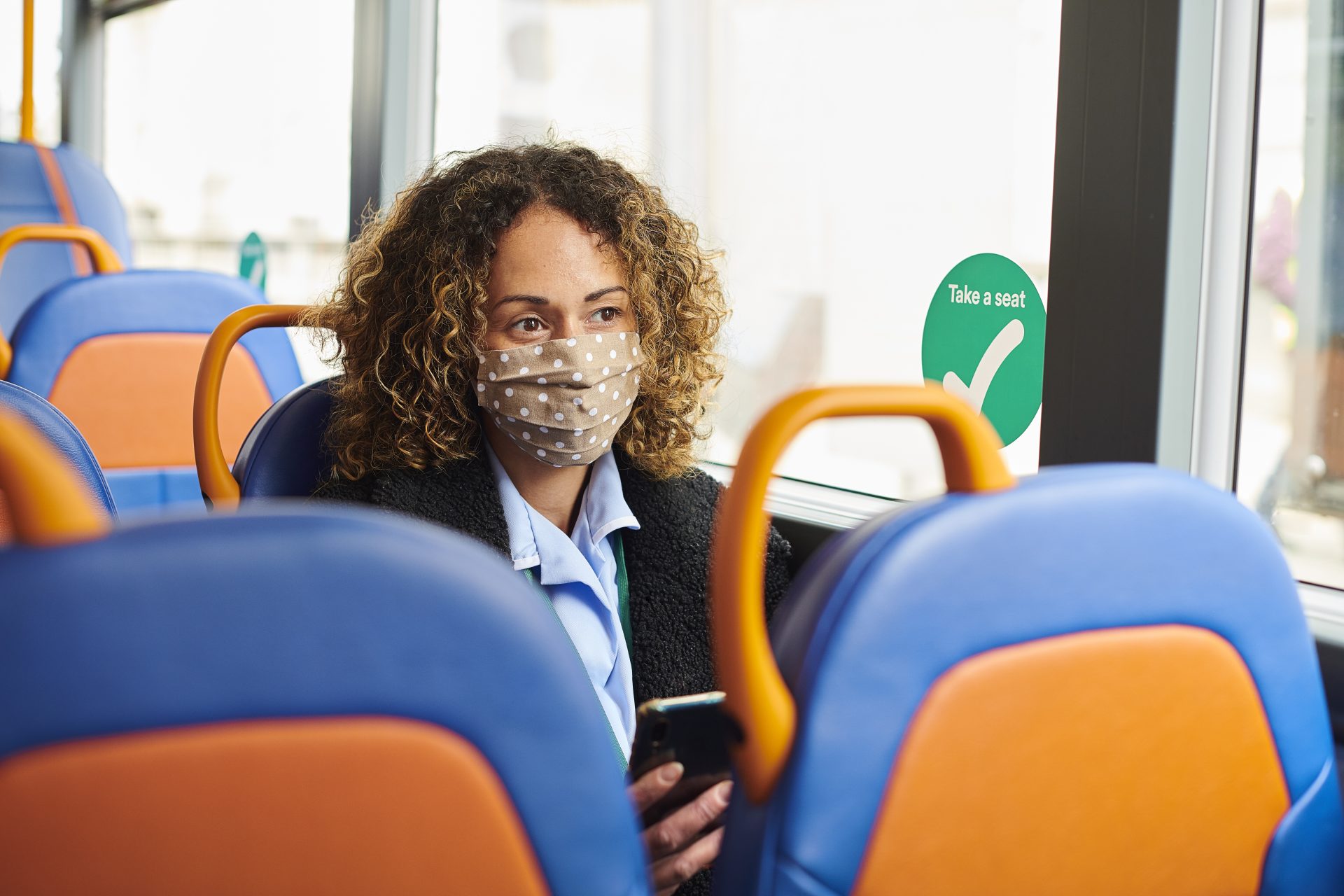This Oxford researcher’s post about the NHS Covid-19 tracing app has been shared over by thousands of Facebook users.
More than 10 million people have downloaded the NHS Covid-19 tracing app since it launched last week.
As per Sky News, the app – once you’ve installed it on your smartphone – can detect if other phones that are also running the app are nearby. This means that, using digital contact tracing, it can alert you if you’ve been in contact with another app user who has tested positive for coronavirus, and ask you to self-isolate for 14 days.
How? Well, it includes a link to enter a code that people should receive via email or text message from the NHS testing service when their result comes through.
And, despite an early glitch preventing users in England from logging their test results, health secretary Matt Hancock has branded it an “important step forward” in tackling the coronavirus pandemic.
According to one study published earlier this month, the app, even if downloaded by just 15% of the population, will result in an 8% reduction in infections and a 6% drop in deaths.
Many on social media, though, have expressed concerns about it. And this is largely due to the fact its launch has been accompanied by all manner of misinformation and conspiracy theories (although there are some genuine issues about privacy, which you can read about on the BBC).
In a bid to put people’s minds at ease, then, David Bonsall – a senior researcher at the University of Oxford in the pathogen dynamics groups – has stepped forward to deliver some home truths about the app.

Bonsall, whose department advises on the UK’s track-and-trace system, begins his now-viral Facebook post by reassuring people that the app is not going to steal their data.
“All your data stays on the phone,” he explains, “so if you delete the app, you delete the data. Facebook, on the other hand…”
He goes on to add that the app will not be “tracking your movements.”
“It doesn’t know where you are,” he says. “Uber, Domino’s Pizza, and Google Maps, on the other hand…”
Bonsall adopts this same tongue-in-cheek approach to most of the rumours circulating around the internet about the track-and-trace app, peppering his post with jokes about Dominic Cummings’ plan to rewrite Britain’s data protection laws.
Ignoring these, though, here are just a few of the questions the researcher and clinician has answered about the app.
Why has it taken so long to develop the tracing app?
“It was hard. We tested it, made it better, tested it again, made it better, now it’s ready. And we helped Google develop their system. And we beat most states in America.”
Are there not still problems with iPhones?
“Yes. The few people with iphones earlier than 6S should write Apple and complain. If you have a later version you should download the app, stop the epidemic, and save the old folks with outdated smartphones.”
Yeah but false positives…?
“The only way you can get a notification is by being close to someone who tests positive for COVID-19 for a prolonged period.”
Yeah but it’s not 100% accurate at measuring distance so there are false positives…?
“Do you think the virus cares if it’s 2 metres or 2.3 metres? If I asked you to remember all your 2 metre, 15-minute contacts in the last three days, would you give me an accurate answer? Where’s your tape measure and your stopwatch?”
Is it going to work?
“Not unless you download it… so give it a go. It’s really rather good.”
Bonsall, of course, has given a far “more polite version” of the above to news outlets on Channel 4, ITV,BBC, Radio 5, Sky News, Times Radio, LBC, and more.
His new blunt and honest approach to the app seems to have gone down a treat with some social media users, however, with many thanking Bonsall for his time, or reaching out to him with additional questions of their own.
Not everyone was convinced, of course. Indeed, many commenters continued to insist that they will not be downloading the app at all.
However, as Hancock previously told Kay Burley, “even if only two people downloaded it and they came into close contact and one had tested positive, then it would work for the other.
“Of course it’s true that the more people download it the more effective it will be, but this is just one part of our overall plan for tackling coronavirus.”
Images: Getty
Source: Read Full Article
